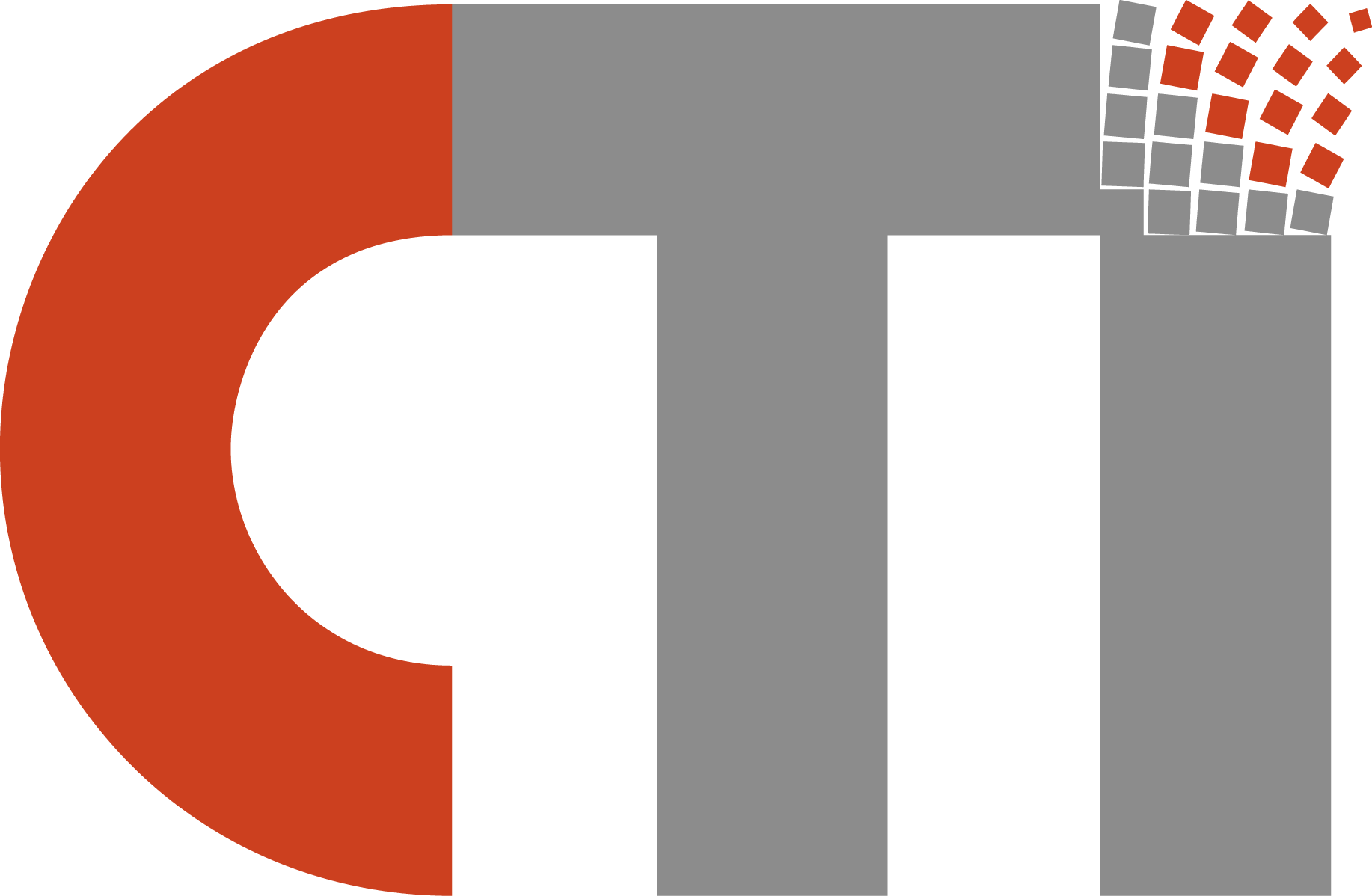Sebastian Mihai ARDELEAN, Public Dissertation of PhD Thesis
Thesis Title: “Development of heuristic methods on reversible and quantum computers”
Habilitation Board:
* Chair: Professor Univ. Dr. Eng. Marius MARCU (Politehnica University of Timișoara)
* Scientific leader: Professor Univ. Dr. Eng Mihai UDRESCU-MILOSAV (Politehnica University of Timișoara)
* Members: Professor Univ. Dr. Eng Vasile MANTA (Gheorghe Asachi Technical University of Iași)
Professor Univ. Dr. Eng Pantelimon George POPESCU (National University of Science and Technology Politehnica Bucharest)
Professor Univ. Dr. Habil Eng Mihai Micea (Politehnica University of Timișoara)
This Ph.D. thesis addresses the development and optimization of heuristic algorithms on quantum computers, with a focus on true quantum genetic algorithms. The novelty of the thesis is represented by the instantiation of the Reduced Quantum Genetic Algorithm (RQGA) [1] framework for solving NP-hard problems and by the introduction of a novel hybrid algorithm that combines a classical genetic algorithm with RQGA--referred to as Hybrid Quantum Algorithm with Genetic Optimization (HQAGO).
I introduce an innovative quantum genetic algorithm, based on RQGA, that controls the complexity of the quantum algorithm by reducing its search space. Consequently, the proposed Hybrid Quantum Algorithm with Genetic Optimization (HQAGO) solves NP-hard problems in O2n-k oracle queries. Therefore, the algorithm enables the solution of complex problems using fewer qubits at the cost of adding additional circuitry to instantiate conventional Genetic Algorithm (GA). I implement a framework for interacting with IDQ’s Quantis Appliance network-attached device for requesting quantum random numbers and tackle the optimization of Big Data processing with quantum technologies. Possible research paths emerged for the use of our new hybrid algorithm, HQAGO, in molecular docking to predict the conformations bound of flexible ligands to macromolecular targets and to tune the structure and parameters of neural networks. Another possible research path that is of great interest involves tackling the domain of evolvable quantum circuits and reconfigurable quantum networks.
More here


